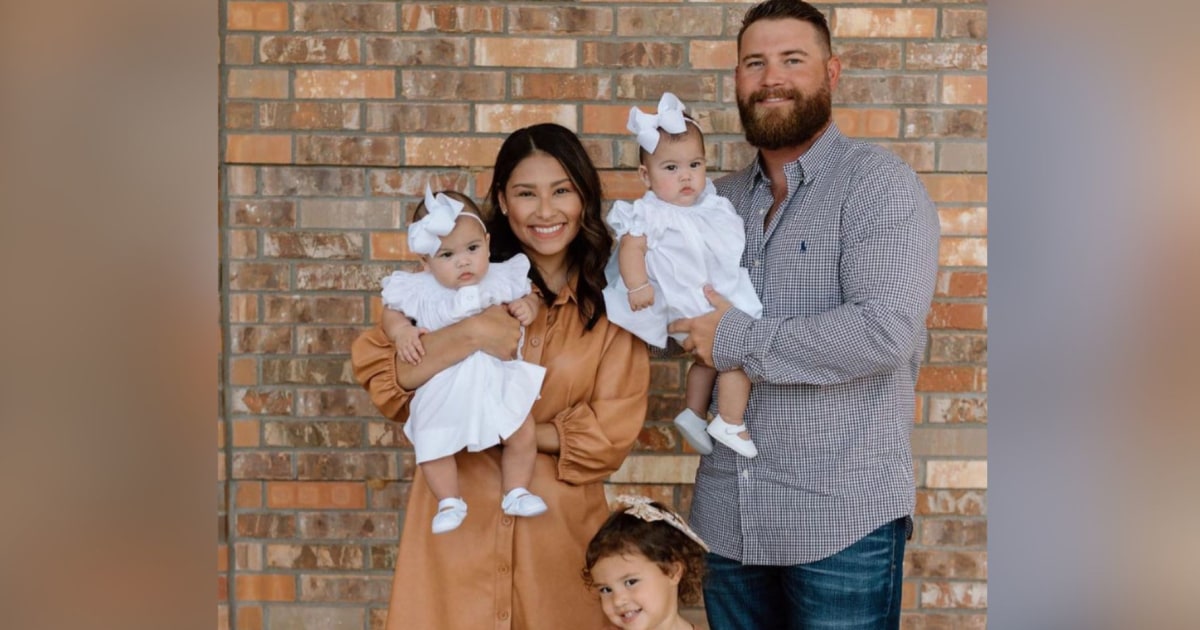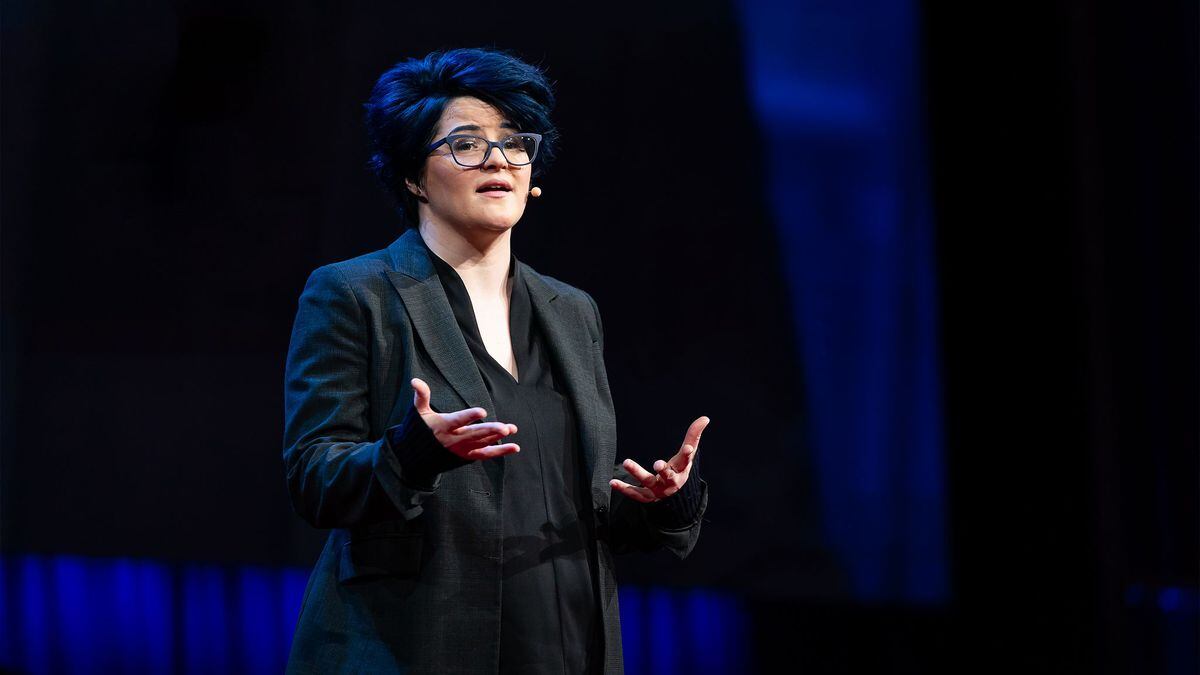For some, talking to their partner is nothing more or less than reproducing the conversation they just had with their 14-month-old little niece.
Exaggerated facial expressions, chewed up consonants and honeyed voices... They adopt "
baby talk
" or baby language, under the sometimes embarrassed gaze and ears of their loved ones.
How to explain this habit in certain duos?
Why do these couples talk to each other like babies?
Read also"You're pissing me off, honey!"
: when couples address each other
In video, when should you have the first sexual intercourse in a couple?
Find a fusion link
To understand the phenomenon, remember that the way of speaking and the gestures allow the couple to build their bubble of intimacy or “intimacy for two”, as the psychiatrist Bernard Geberowicz calls it.
And by changing their tone, taking on a childish voice and letting go of the game, the partners "find the bond of fusion that we expect from love, but which we know is not always possible. », Comments the doctor.
By adopting “baby” language, we also reproduce childhood patterns.
The goal ?
"Activate the attachment system", or strengthen the relationship with the partner, says Margot Fried-Filliozat, sex therapist and intimate relationship coach.
“The attachment theory states that when the baby is born, it attaches itself to the figure that takes care of it the most, the one that secures it.
At this age it is the parent, in adulthood it is often the life partner.
We will therefore try to strengthen the link, by all the strategies that we know”, specifies the professional.
It's a voluntary regression
Lisa Letessier, psychologist
In the same way, some also adopt
baby talk
to express their emotional needs.
“Who says emotional needs, says reactivation of his inner child, continues clinical psychologist Lisa Letessier.
From the first months of his life, the baby asks to be loved, valued and protected.
In adulthood, he asks the partner.
It is a "voluntary regression", she adds.
If the behavior may surprise, it actually testifies to a healthy relationship.
"We have three states of the 'ego': an adult ego, a parent ego and another child," emphasizes Margot Fried-Filliozat.
In addition, "the return to childhood expressions and reactions puts us in a position of vulnerability," says Lisa Letessier.
And according to the professional, allowing ourselves to reveal this aspect of ourselves proves that we feel sufficiently confident with the other.
Elizabeth and Philip, a couple in love
Elizabeth and Philip, a couple in love
In images, in pictures
See the slideshow18 photos
See the slideshow18 photos
The symptom of a deep wound?
“Speaking like a child remains a game, and any game must have an end,” insists psychiatrist Bernard Geberowicz.
When used excessively, and in inappropriate contexts – such as when resolving a conflict – Margot Fried-Filliozat sees it instead as a “symptom of a deeper wound”.
When it imposes itself “as the only vector of communication for the couple”, for example, baby talk can reveal emotional dependence.
Inability to express emotions directly
Margot Fried-Filliozat
In the case where some take refuge behind a honeyed voice to spare themselves adult conversations, Margot Fried-Filliozat identifies “the sign of an inability to express one's emotions, needs and expectations directly”.
Listen: the editorial staff podcast
A practice to watch
If one of the two partners always endorses the same costume, that of the child or that of the parent, the psychologist Lisa Letessier warns: “Some people feel super protective but also super possessive”.
The mothered partner is also not immune to the excesses of this language and can develop what the psychologist describes as a “dependency/incompetence pattern”.
She specifies: “We come to believe that we can no longer survive without the presence of the other on a daily basis.
Thus, we become incapable of carrying out things alone - however simple they may be - such as filling out a tax form or making a medical appointment”.
(1) Lisa Letessier is the author of
These sentences to say (or not to say) in her couple
, Ed.
Larousse, 8.95 euros.
(2) Bernard Geberowicz is the author of
The 7 virtues of the couple - a particular alchemy
, Ed.
Odile Jacob, €25.90









